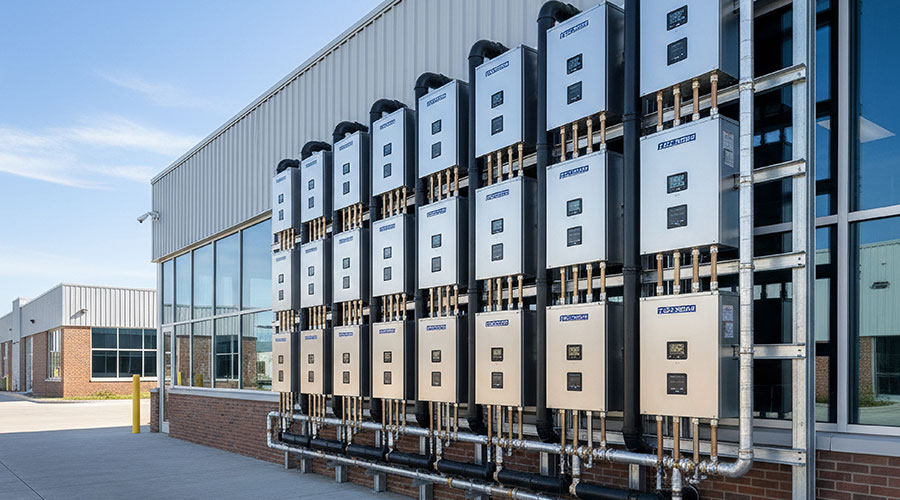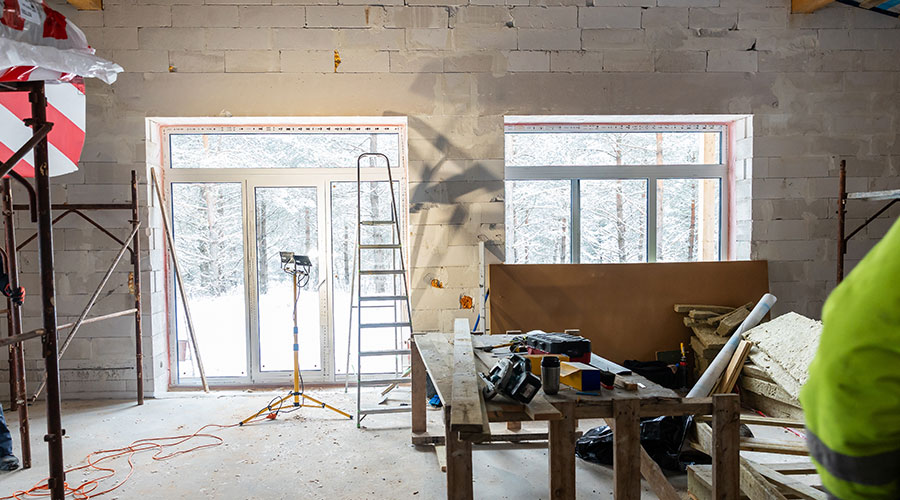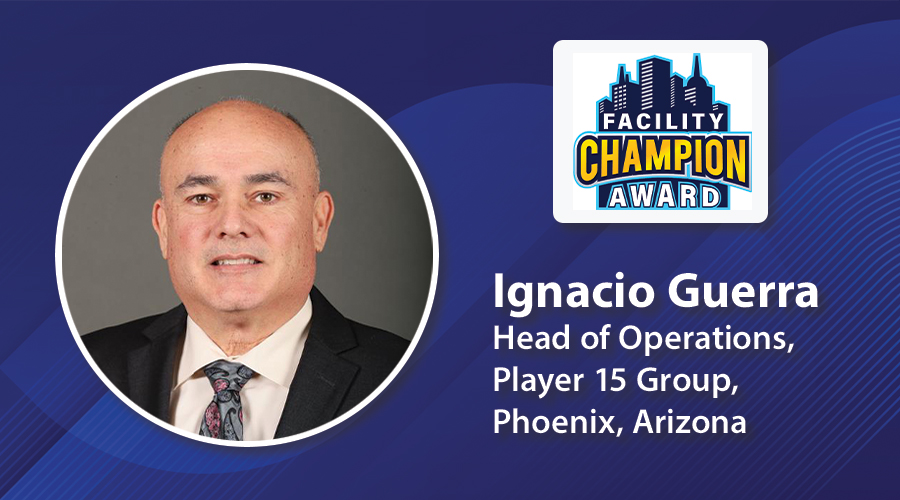Foreign Investors Spread Money Overseas; U.S. Real Estate Seen as Safe
Foreign investors say that even though the U.S. is regarded far and away as being the most stable and secure country for real estate investments and as having the best capital appreciation, they will spread their dollars more globally in 2006, according to the results of a survey released today by the Association of Foreign Investors in Real Estate (AFIRE).
Foreign investors say that even though the U.S. is regarded far and away as being the most stable and secure country for real estate investments and as having the best capital appreciation, they will spread their dollars more globally in 2006, according to the results of a survey released today by the Association of Foreign Investors in Real Estate (AFIRE).
Survey respondents said that the percentage of their 2006 global investment plans allocated for US properties will drop to 47 percent from 55 percent in 2005. Respondents identified Western Europe and the UK as additional key markets for their real estate dollars. The survey was conducted by AFIRE in association with Kingsley Associates, a San-Francisco-based real estate research and consulting firm. AFIRE comprises 175 members from 17 countries. In total, AFIRE members have more than $470 billion invested in global real estate with $150 billion invested in the US.
“There is no question that the survey reflects the continuing globalization of the commercial real estate market today,” says Mark Baillie, head of real estate, North America and Europe, Macquarie Real Estate Inc., and the newly elected chairman of AFIRE. “Depending on an investor’s risk appetite, real opportunities to invest now exist in many different regions and product types. At the same time, for many reasons including transparency, market fundamentals, and the sheer size of the market, foreign investors have expressed an extremely high degree of confidence in the US real estate market going forward.”
“It is also important to note that while the percentage of global real estate capital going to the U.S. declined, respondents indicate that the amount of money they will spend in the US in 2006 – some $19 billion – remains healthy and very nearly matches their reported 2005 investment in US real estate,” says AFIRE Chief Executive James A. Fetgatter.
Seventy-four percent of respondents said the U.S. provided the most stable and secure real estate investments. While the US has always held the number one spot, never in the history of the survey has the percentage been this high. Last year, for instance, 60.7 percent of respondents selected the United States as the most stable and secure country for their real estate dollars. This year, the UK took nine percent of the vote and Canada six percent.
The US also ranked best in terms of capital appreciation, attaining 39 percent of respondents’ votes. However, two new-comers were added to the list. China with 12.1 percent of the vote took second place, displacing Japan which fell into fifth place. Germany, on the verge of recovery in the real estate markets, took 7.6 percent of the vote, replacing Hong Kong in the number three slot. This year, Hong Kong was not voted onto the list of markets deemed to have the best capital appreciation.
Survey respondents expect to see a dramatic shift in where investment dollars originate. This year, survey respondents projected that nearly 40 percent of foreign investment in U.S. real estate would come from Australia and that another 49 percent would come from Germany. For the last several years, Germany had been considered by far the largest investor in US real estate. Respondents say that in 2006, the Middle East and Ireland are also expected to move up in the survey rankings as active investors in US real estate.
Among foreign investors’ top five US cities, San Diego, for the first time, has earned a spot, taking fifth place. Investors’ choices for America’s top three cities have remained consistent since 2002, with Washington ranking number one, followed by New York and Los Angeles in second and third places. San Francisco once again took fourth place, a rank it has held every year since 2001 with the exception of 2002 when it fell into fifth place. Notably, over the last three years the gap between first place Washington and second place New York has been narrowing.
Office buildings have climbed out of a six-year hole to take the number one position as foreign investors’ preferred property. They are followed by hotel, retail, industrial and multifamily properties in second to fifth places respectively. Of significance is the drop in multi-family properties from a number one tie last year into fifth place this year.
London has handily reclaimed its spot as foreign investors’ number one global city, beating Washington, DC — the second-ranked city — by six percentage points. London held first place in 2001 when the question was first asked, but since then, has held second place behind Washington.
“As a global financial center, London benefits from the strong attributes of liquidity, market transparency, and favorable lease structures that appeal to many international real estate investors,” says David Jackson, director fund management, Prudential Property Managers, Ltd (PruPIM). “Vacancy rates have fallen from 16 percent two years ago to below nine percent. This has already promoted rental growth in the West End, with the City forecast to follow suit. And we have the Olympics ahead of us!” PruPIM is part of M&G, the investment arm of Prudential plc in the UK and Europe; it is one of the largest property investors in the UK.
The remaining global cities include New York in third place, moving up a notch, and Paris in fourth position, moving up from fifth. Tokyo, which made the list for the first time in 2004, in third place, slipped to fifth.
Among the new EU countries, The Czech Republic, Poland, and Hungary remained in first, second and third place, collectively garnering 81 percent of the vote. Within these countries investors are primarily targeting office buildings (80 percent), retail properties (72 percent), and industrial properties (36 percent). For the first time, foreign investors ranked their top Asian / Pacific markets as Japan, China, Singapore, Hong Kong, Korea, India and Australia.
Related Topics:











